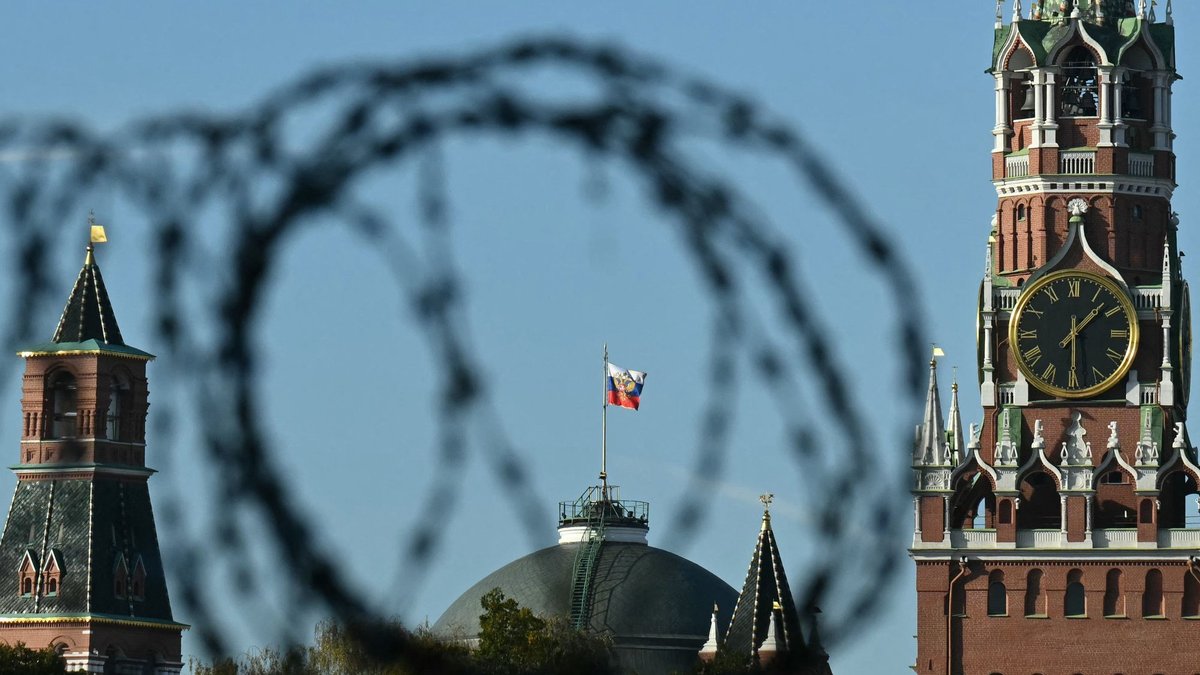The EU Council continues sanctions imposed in June 2014 as a response to the occupation of Crimea against Russia until June 23, 2026. The restrictive measures include bans on importing into the EU products produced in Crimea or Sevastopol, as well as infrastructure or financial investments and tourist services in these regions. The sanctions also cover the export of certain goods and technologies to Crimean companies for use in transportation, telecommunications, and the energy sectors, as well as for the exploration, reconnaissance, and extraction of oil, gas, and mineral resources.
The United Kingdom announced the introduction of a series of new sanctions against Russia due to the war against Ukraine. The sanctions target four individuals, six organizations, and 20 ships, including oil tankers, maritime companies, and suppliers of goods to Russia, including electronics. Since the full-scale invasion of Ukraine in 2022, the UK has already imposed sanctions on over 2,300 individuals, organizations, and ships.
Spain has introduced transit visas for Russian citizens. Previously, visa-free transit for Russians was canceled by the Czech Republic and the United Kingdom.
Republican Member of the House of Representatives Don Bacon stated that Russia cannot return to the G8 as long as it continues the war against Ukraine and occupies its territory. "Let the G7 remain the G7, not the G8. Russia should not be part of this forum until it ends the invasion of Ukraine and withdraws its troops from the occupied territories. War criminal Putin deserves ostracism," said the congressman.
In France, deputies and journalists are calling to strip Putin of the Legion of Honour.
At the Warmia-Masuria University in Olsztyn, Poland, the specialty "Russian Philology" and the Department of Russian Language and Literature are being abolished.
The volume of Russian wheat exports from June 1 to 15, 2025, decreased 4.8 times compared to the same period in 2024, amounting to 565 thousand tons. In early June, Russia shipped 37.7 thousand tons of wheat daily compared to 185 thousand tons a year earlier. The export volume for the month is estimated at approximately 1.1–1.15 million tons. Grain was supplied to 11 countries (compared to 40 in the same period last year). Egypt became the key importer, but the volume of deliveries to this country decreased almost fourfold — to 179 thousand tons (against nearly 700 thousand tons in the first half of June 2024). The second largest supply volume was to Turkey (91.6 thousand tons compared to 374 thousand tons — a 4.1 times decrease in exports).
The budget of the state program for purchasing medicines for people with rare diseases turned out to be almost exhausted. Of the 69.1 billion rubles allocated for the year, by the end of May 67.9 billion were spent. Although the money is effectively gone, patient needs remain unmet — medicines worth at least another 10 billion rubles are needed. Drug shortages are recorded in 28 regions. The most difficult situation is with treatments for hemophilia, malignant tumors, and multiple sclerosis.
Redistribution Kremlin-style: on June 17, the Arbitration Court of the Moscow Region fully satisfied the claim of the Russian Prosecutor General’s Office to seize the assets of LLC “DME Holding,” which owns Domodedovo Airport, in favor of the state.
Two-time Olympic hockey champion Fetisov stated that Russia’s exclusion from participation in the 2026 Olympic Games indicates the country’s loss of influence on world hockey. He noted: if Russia is excluded from competitions, it means the loss of status as a hockey power.
Since 2020, at least 107 people have been convicted in Belarus for "state treason."
Over 30 years of Lukashenko’s rule, the number of hospital organizations in Belarus has decreased by 35.2% (from 871 at the end of 1994 to 564 at the end of 2024).
In recent years, the authorities "have figured out how to develop animal husbandry," said Lukashenko. However, as of May 29, he admitted that the decline in livestock "has reached a historic maximum." In 2024, the decline in cattle across the country increased by 19.1%.
Lukashenko, who advised Belarusians to eat less potatoes and blamed "policy" for the shortage, gave another piece of advice — not to forget their personal plots: "At least plant two furrows of potatoes."
In Belarus, employees of the Rechitsa Metal Products Plant have started unpaid leave due to downtime. Production capacity has decreased, partly due to Russian clients who signed contracts but later refused to fulfill them. The reason is the arrival of Chinese competitors on the Russian market — the Rechitsa Metal Products Plant lost a large-scale order. The plant suffered losses of up to seven million dollars.





















